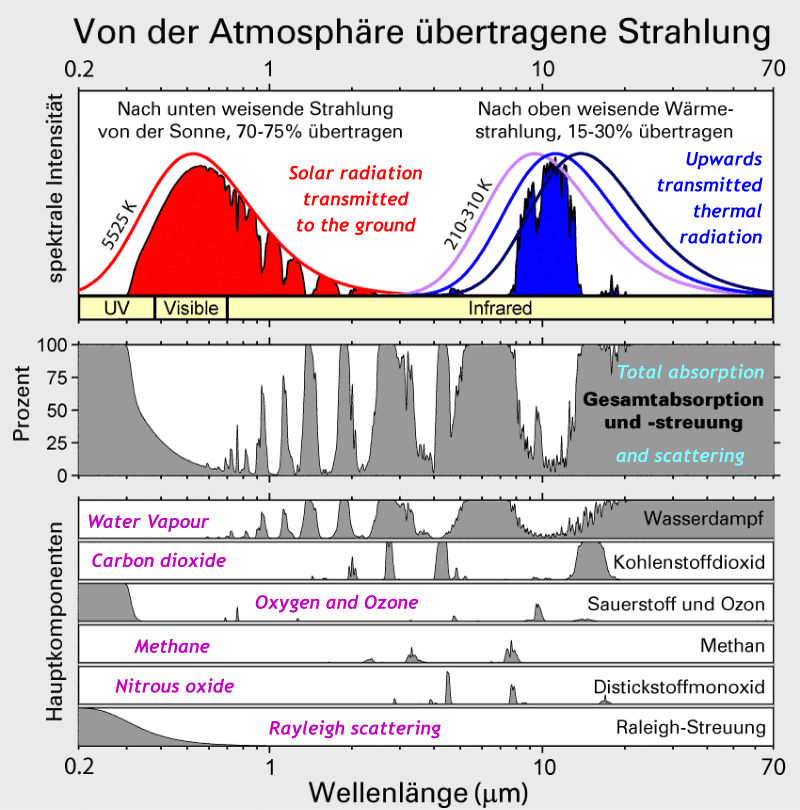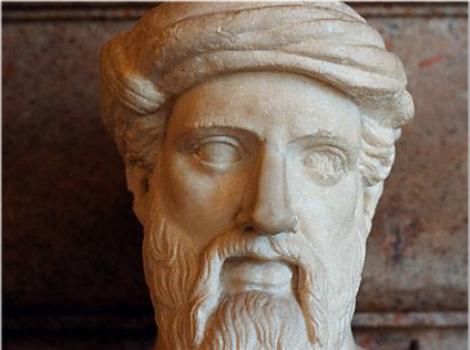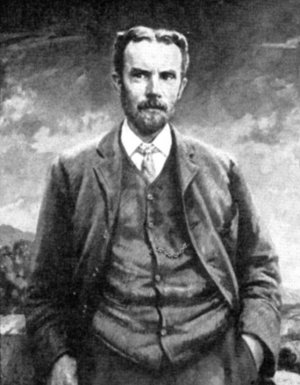 Carbon — to capture or not to capture
Carbon — to capture or not to captureThis came up on 2nd November 2024 (give or take a day), a broadcaster objecting to a carbon capture...
 Betelgeuse, Gamow, and a Big Red Horse
Betelgeuse, Gamow, and a Big Red HorseThere has been a lot of talk recently of Betelgeuse possibly going supernova this century or not...
 Climate Change, the Walrus and the Carpenter
Climate Change, the Walrus and the CarpenterI have recently watched two videos on climate change by Sabine Hossenfelder. The first one...












